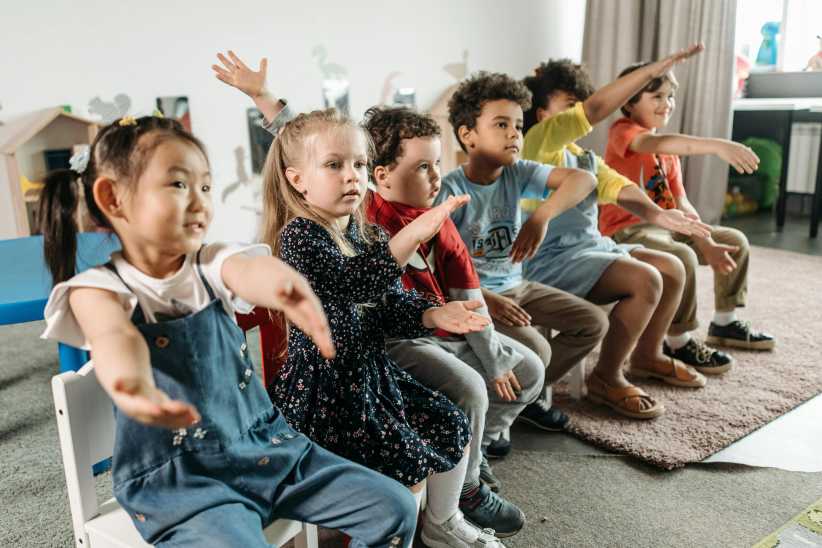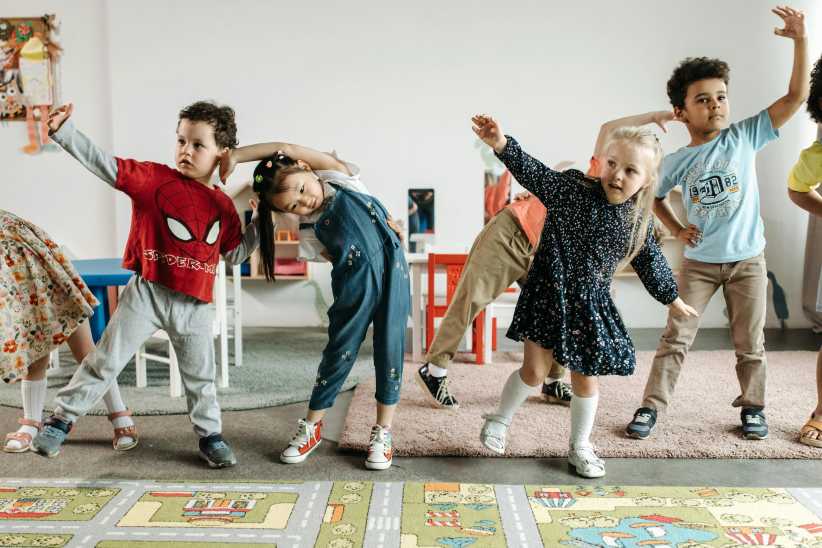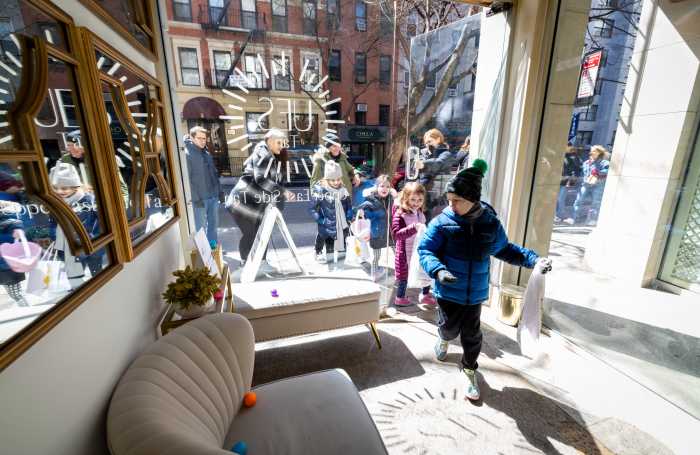
Summer Camp & Your Child’s Mental Health: The Many Cognitive Advantages of Sending Your Kids to Camp
When you think of summer camp, images of children playing sports, completing arts and crafts projects, and splashing in pools come to mind.
Those activities make for a very exciting summer, but camp is also a place where lifelong friendships are made and where a child can truly grow as a person during a crucial point in their young lives.
Summer camp offers children the opportunity to focus instead of on their academic success but on their own personal identity and independence. With the school books put away, camp gives kids the freedom to work on themselves.
We spoke with Alicia Skovera, Executive Director of the American Camp Association of New York and New Jersey to learn how and why summer camp is so important to a child’s mental health and internal development.
Does camp help kids who have trouble making friends or experience social anxiety?
Many children struggle with anxiety about going to camp, especially if it’s their first time. Children often feel more at ease when their feelings are normalized. Parents should explain to children that some of their peers may be feeling the same way but express it differently.
I encourage parents to allow their children to be separated from their friends when attending camp.
Camp tends to be a place where children get to be themselves and try on different parts of their personalities, which can be easier when they do not know anyone to start. There’s an old adage at camps that your camp friends become your best friends and your lifelong friends!
What advice would you give to kids who are nervous or hesitant to start camp?
Choosing the right camp for you is a crucial place to start. There are camps for everyone and it’s important to choose one that you are excited about and has the activities you are looking for. Set up a meeting to talk with the director before camp starts and take a tour of the property.
Take the time to ask all of your questions before attending, especially about anything that worries you. See if the camp can introduce you to who your counselor is going to be ahead of the summer so you already know them on your first day.
How do you think attending camp affects a child’s mental health in the short term and in the long term?
Camp allows children to discover who they are and find out what they are good at. They get to try new things, meet new people, and overcome everyday challenges that help build self-esteem and self-efficacy.
This skill building helps to build confidence to try new things, which has a positive impact on a child’s mental health both in the short and long term.
Research has shown there is a direct correlation between the time one spends in nature and the release of the stress hormone cortisol.
The more time children spend outdoors and in the natural world, the less stress they tend to feel. We also know that children who play outdoors are more likely to help protect nature as an adult.
Which camp activities have the best effects on a child’s mental and emotional health?
There is no one activity that gives the best effect for a child’s mental and emotional health. Incorporating choice in activities allows children to follow their own interests and to have ownership in the activity.
Some activities have inherently more challenges than others, like the ropes course or swimming, but it is important to positively encourage a child to try something new and not to force them to try it.
Again, we know that spending time and/or learning outdoors has a huge impact on a child’s stress levels and how they feel about the natural world when they become adults.
How can parents ensure they are choosing a camp that will benefit their child’s mental health?
The AmericanCamp Academy encourages all parents to choose regulated camps that are ACA accredited.
Accreditation and oversight from a regulatory body, like the Department of Health, are the best indicators that a camp will be physically and emotionally safe for every child.
In addition, talk to your child about what they are feeling and what is most important to them. Get to know the camp nurse as well. Find out what the camp’s plan is for when a child needs help.
What can parents do to encourage the mental and emotional growth of their child at summer camp?
This may sound counterintuitive, but leave your children alone! Allow them to gain their independence without you. Write encouraging letters to your child and let them know that it’s okay to make mistakes and that you believe in them.
Do not include any information about home that would be perceived as stressful or that would have the child feel like they were “missing out” on something going on at home.
When your child is talking to you about what happened at camp, ask questions about their day and when there is something they feel like they could have done better. Ask them what they could have done differently instead of telling them (this especially works for older children).
Lastly, call the camp to check in about how your child is doing. Try not to demand to speak to the child on your terms or according to your schedule since often they will be pulled from an activity they enjoy and they rarely want to stop what they are doing.
Psst… Check out Summer Bucket List: 57 Family-Friendly Things to Do in the City and Beyond























